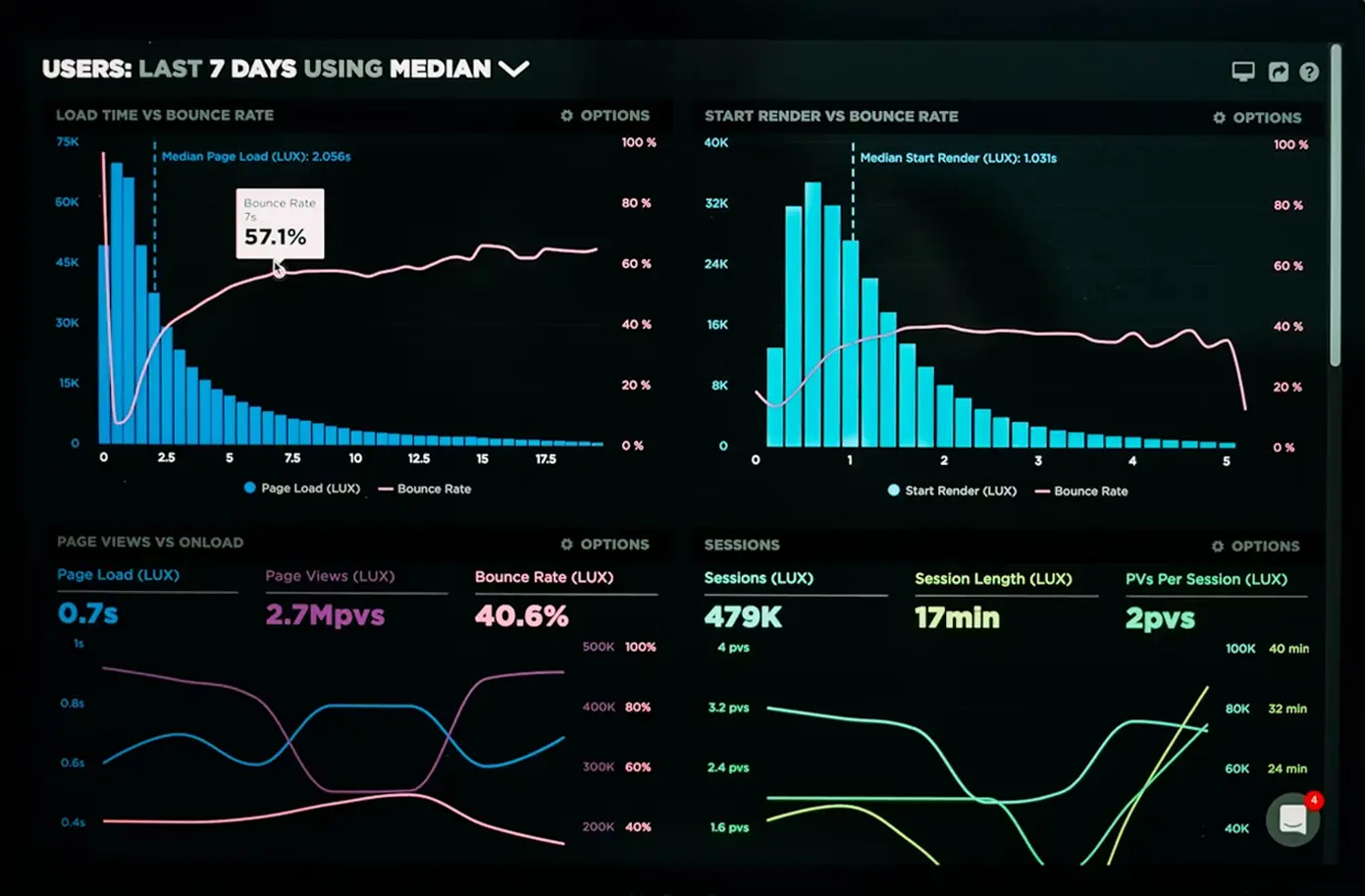Data Operations
VortexDB provides a flexible and powerful API for data operations, supporting both SQL and NoSQL patterns. This document explores how to perform complex queries and transactions with ACID compliance.
SQL and NoSQL Patterns
VortexDB supports a rich SQL dialect for structured data and a flexible NoSQL-style API for semi-structured and unstructured data. This allows you to use the best tool for the job without needing multiple databases.
SQL Capabilities
| Feature | Support Level | Example |
|---|---|---|
| JOINs | Full | INNER, LEFT, RIGHT |
| Subqueries | Full | Nested SELECTs |
| Aggregates | Full | SUM, AVG, COUNT |
- Standard SQL: Full support for SQL-92 standard, including JOINs, subqueries, and aggregate functions.
- Advanced Query Optimization: The query optimizer automatically analyzes and optimizes SQL queries for efficient execution.
- Stored Procedures and Functions: Create and execute stored procedures and user-defined functions for complex data manipulations.
NoSQL Capabilities

- Document Model: Store and query JSON-like documents with flexible schemas.
- Key-Value Store: High-performance key-value access for simple data retrieval.
- Graph Database: Support for graph-based queries to analyze relationships between data entities.
ACID Compliance
All operations in VortexDB are fully ACID compliant, ensuring data integrity even in the face of concurrent operations and system failures. This is essential for applications that require strong consistency, such as e-commerce and financial systems.
Atomicity
Transactions are treated as single, indivisible units. Either all operations within a transaction are completed successfully, or none of them are.
Consistency
Transactions bring the database from one valid state to another, maintaining all defined rules, constraints, and relationships.
Isolation
Concurrent transactions are executed in isolation, meaning the outcome of concurrent transactions is the same as if they were executed sequentially.
Durability
Once a transaction is committed, its changes are permanently stored and survive system failures, power outages, or crashes.

